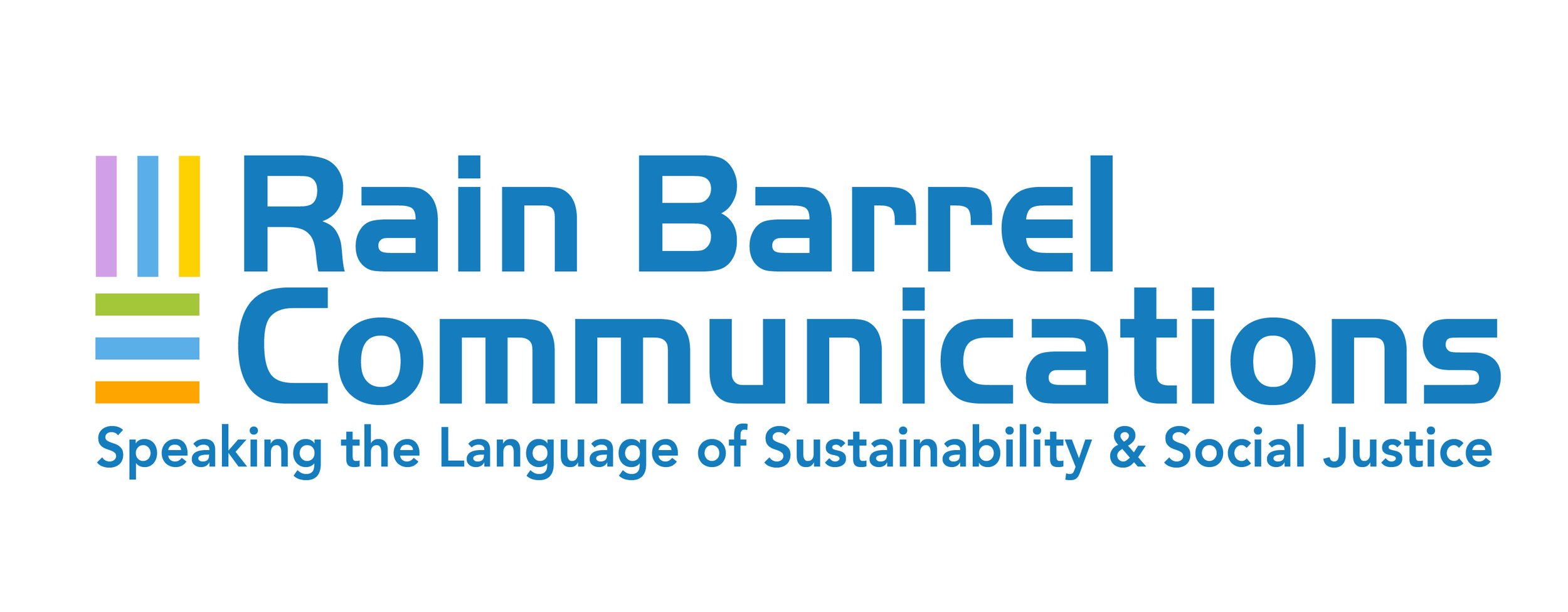Pandemic Challenges Facing Development Communication
By Jeffrey Bates
Pandemics and disasters have been with us throughout history, but COVID is unique as the first global crisis to hit the modern world at once, across all borders, leaving virtually no-one untouched.
Working in humanitarian crises over the past decades, I always knew that there was somewhere I could go to get out when I needed to escape, or when my job was done. I felt pain for the children, women and men who did not have the same options, whose future held family separations, resettlement in camps, and potentially worse. But I could never really feel what they did. The global COVID pandemic is one of the first times globally that all of us can truly feel that there is nowhere to escape, we are all at risk, we are all in the same boat.
Lives will eventually return to a some sort of normal, but things will never be the same. The virus will burn out or a vaccine will come, either way this epidemic will end. But the COVID legacy will change us for a long time in profound ways.
Social change often comes rapidly, and a crisis can open doors as well as close them. The world has seen that many activities we assumed needed to be in person can really be done, to some extent, remotely. In the U.S. and other industrialized countries, we might never have expectations of a full 9 to 5 work-week, and might consider a tele-visit to the doctor over going in person to a medical facility. These would have been far fetched ideas just a year ago. But now that the change is upon us, it will have an enduring impact on how we structure our identity, measure and utilize time and construct our communities.
Change and uncertainty are unsettling, but the inherent ambiguity and reorientation they bring offer a liminal moment to transition to a better future. For those of us working in communication for development and human rights, it is vitally important to understand the role of our work as clients and communities change, and understand the role of communication as their needs evolve to new realities.
COVID has forced a reliance upon, and comfort with, communication technologies to perform tasks we would normally have conducted in person. Sitting in my home I can decide if I need to go out, if I need to meet people today, or if this can be done online or over a call? I can talk to a medical professional and order essential items on-line. Kids can choose between classroom and virtual schooling. If something terrible happens, I know that emergency personnel will still come.
Many others don’t have these options or securities. The pandemic will impact already deprived communities the hardest. Not necessarily from COVID related mortality, but by further isolating them. In the absence of communication technologies, they miss out on vital services, including health and education, and do not have access to life-saving information.
As the pandemic response brings increased reliance on communication technologies, the digital divide becomes more relevant, and ensuring access to communication technologies more essential. UNICEF states that “73 percent of urban households possess television, but only 38% of rural households do so.” In Iraq, only 7 percent of the population had access to the internet in 2012. Many countries have had to stop immunization campaigns to reduce the risk of COVID. Schools around the world have had to close. These changes are far more impactful on a child who might only get four or so years of education to start with, or for a family who lives in an area where polio, yellow fever or measles still cripple and kill. These deprivations might be irreversible in our generation if not addressed on a global scale.
Looking ahead, will COVID leave a legacy of fractured trust, or an openness to new information sources and channels? Will governments invest in making sure all their citizens have access to television, radio or internet or do development initiatives now have to budget for smart phones/laptops, local technicians and the infrastructure to ensure people are connected? Will people and governments start to see challenges and solutions as long-term global issues, rather than focusing on short-term, local gain? Or will fear, economic downturns and isolationism lead to more insular strategies for survival and protection?
When communication is so important, those of us working in this field are positioned to help eliminate many of the barriers communities and the world face to become more connected and more equitable, far-sighted and inclusive. We need to be clever, bold and diligent to help clients understand how communication, connectivity and creating meaning together is even more important for human rights and positive change.
You can read more about Rain Barrel Associate Jeffrey Bates here.

